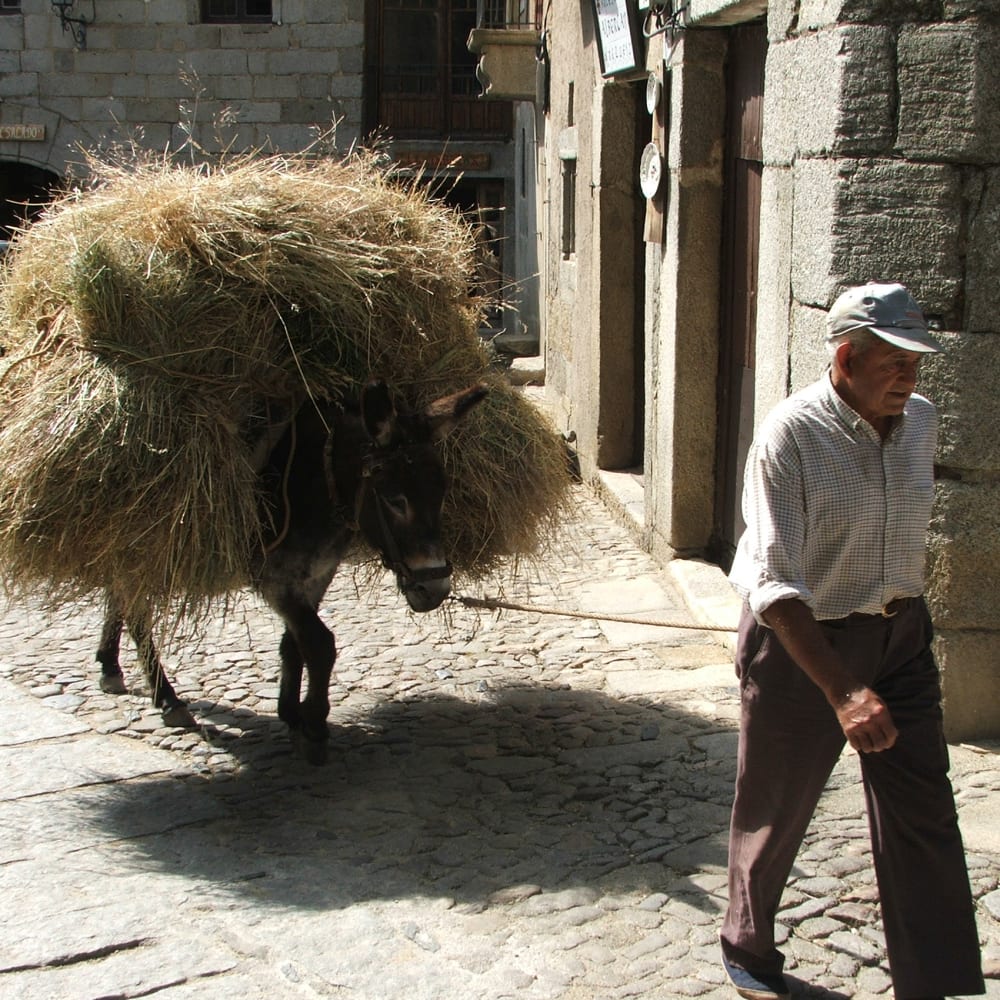Three Kings Sale - Up to 40% Off! Shop Sale
A Healthy and Prosperous Spain
September 2004




Over the past few years my days have been brightened by receiving messages from many new friends in the Tienda community -- both Spaniards and Americans. We share our mutual love for the Spanish people. Particularly poignant were the personal reflections I received after the terrorist bombing in Madrid last March. For many of us the attack was a jarring reminder of the reality of modern times. We have had to adjust our romantic idyll of this wonderful country with its rich tradition.
The other day I received an e-mail from a Tienda friend which said, in part:
"I am of Spanish descent. I studied in Valencia in the late 60's. I loved Spain, but after a recent trip, I am having trouble maintaining that special feeling. I see Spain developing into an ever more modern country with traffic jams and millions of buildings. I guess I wanted Spain to remain imbedded in the culture and history of their ancient past. How do you maintain your enthusiasm and love for this country?"
These are my thoughts: The Spain that we loved in the 1960's was an impoverished country still recovering from a horrifying civil war where one third of the Spanish men were killed by their brothers. It was normal for us to see mourning women dressed in black. After the civil war came decades of economic isolation during which time people struggled merely to survive. Because of these conditions we visitors got a glimpse into a pre-industrial culture and were able to discern what are the essentials of living -- which did not include cars and autopistas, television or splendid new buildings.
As I moved among the Spaniards in those earlier years I had an insight into what was important to them. Faith, family, and a sense of dignity were what sustained them. I would marvel how even in deprivation they lived with dignity. Their family ties were strong -- their children were dressed beautifully. I saw how these good people bonded together in adversity and preserved their basic values, as they were shunned by the modern world.
But surely I did not want these brave people to become frozen in time for my edification. Life was hard. I wished to see them, armed with these core values, rise like a phoenix from the ashes and become what is now the New Spain. The same qualities of resilience and integrity, which are embedded in their past, are the cornerstone of their identity today.
On the newsstands of Madrid the same week as the bombing, Time Magazine International's cover story proclaimed "Spain Rocks!" The magazine pages were filled with example after example of how Spaniards are the leaders of Western Europe in culture, cinema, the arts, music, and industry. The magazine especially celebrated Spanish chefs, who are in the vanguard of Continental cuisine.
This is how I maintain enthusiasm and love for this country of Spain. Granted, donkeys with grass saddle bags have given way to cars and traffic jams. Prosperity has meant that they, like the rest of us, are tempted by consumerism. But it is also true that because of their quality of life, which in many ways surpasses ours, Spaniards have the luxury to revisit their roots and grow the organic food, recreate the old recipes for artisan products, reclaim the traditional treasures that had been neglected by necessity. And they pass it on to us.
So next week my son Tim and I will take the marvelous AVE bullet train to Sevilla, enjoy a festival of age-old flamenco music, and linger on the shores of Cádiz - a city of past glory. Then we will visit a multi-million dollar new facility prepared to export jamón ibérico to America. At the end of the brief trip we will be the guests of a proud owner who will show us his family's state-of-the art factory in Jijona. For five generations marcona almonds and orange blossom honey have been blended there to make the incomparable turrón candy. Now the tradition continues but by using modern methods.
I am thrilled to see the Spanish people healthy and prosperous. It is also true that I miss the charm of seeing oxen plowing the fields in Galicia, and the conviviality of the local market in El Puerto de Santa María where my friend the fisherman used to carve me a steak from a freshly caught swordfish. But I can't have it all.
¡Viva España!
Don

